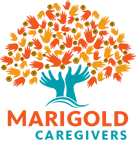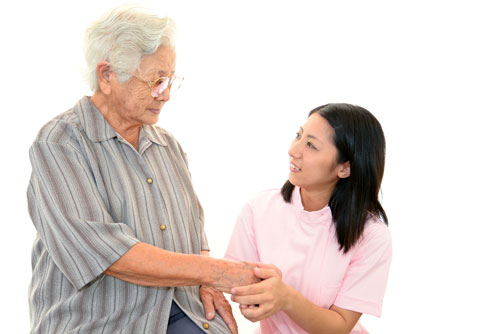Image source: Shutterstock.com
Parkinson’s Disease changes everything for a person. Taking care of someone with the disease can be difficult and stressful. This article will give you some helpful tips for coping with the caregiving skills required to help the loved one stay as independent as possible for as long as possible!
What is Parkinson’s Disease?
Parkinson’s Disease affects the brain and is considered a degenerative disease. It damages parts of the brain that controls bodily movements. Dopamine is the neurotransmitter that allows messages to be sent to the various parts of the body that allow you to do things like swing your arms when you walk, blink or smile. Parkinson’s Disease can cause great damage to this part of the brain, which is why it is degenerative.
How Does Parkinson’s Affect Normal Life?
Parkinson’s biggest tell-tale sign is the inability to move the body normally. You can imagine how this could impact your daily life. Some of the symptoms may include tremors in the hands, feet, and legs.
- Slowed movements (bradykinesia) – This is a symptom that is common and looks often as if the patient is dragging their feet as they walk or taking extreme amounts of time to do small tasks.
- Contracture – This is when the joints and muscles that control movement become rigid and painful. It can cause an inability to move properly, which can even cause the deformity of the skeletal system.
- Balance Problems – Rigidity in the muscles, weakness, slow movement, etc., all can cause problems with balance. This increases the patient’s risk of falling.
- Changes in Speech – You may notice the person’s speech seems lower in pitch or even slurred. This is common with Parkinson’s Disease.
Some other symptoms can include loss of sense such as smell, change in personality, shaky writing, constipation and even excessive sweating.
Preventing Falls
A large part of caring for someone with Parkinson’s Disease is fall prevention. Grab bars should be installed, adequate lighting in every room, handrails where necessary, no throw rugs or clutter, and using resources such as a medical alert button with fall prevention.
- Managing Parkinson’s Freezing Episodes
When Parkinson’s Disease progresses, episodes called “freezing” can happen. This is when all movement stops as though there is a temporary paralysis. These episodes can happen at any time while doing any movements and can be frightening and confusing.
The main thing to remember when you witness a freezing episode is to help them prevent falling. Stay calm and help them to a safe place. Try to help them move other parts of the body and go from there. Soothing music or talking can help them stay focused so they can keep moving.
- Managing Parkinson’s Medication
One of the most important parts of managing Parkinson’s as a caregiver is managing the patient’s medication. Many of these drugs have to be taken very specifically throughout the day, have side effects that can be serious, and should not be doubled up when a dose is missed.
Staying on top of medication regimens for Parkinson’s is a huge task for any caregiver. Lean heavily on your loved one’s doctor to oversee this process and make sure everything is on paper and clearly understood.
Taking care of patients with Parkinson’s Disease can be a scary time but doesn’t have to be if you know how to handle it as it comes.
Read more articles on eldercare:
Tips for Coping with Repetitive Questions from Alzheimer’s Patients
The Best and Worst Foods for Diabetic Patients
If you need assistance in caring for a senior loved one, Marigold Caregivers can help you find a caregiver that matches their specific needs. Give us a call at +65 9109 1965 for more information.
Disclaimer: The words and other content provided in this blog, and in any linked materials, are not intended and should not be construed as medical advice. If the reader or any other person has a medical concern, he or she should consult with an appropriately-licensed physician or other healthcare workers.
Never disregard professional medical advice or delay in seeking it because of something you have read on this blog or in any linked materials.

